Most recent articles by Ali Fathollah-Nejad
-
 Israel, the USA and the Islamic Republic
Israel, the USA and the Islamic RepublicUnderstanding Iran's "offensive-defensive" strategy
April 2024 not only saw Iran's unprecedented direct assault on Israel but also a violent crackdown on women in Iran refusing to wear the hijab. So what is behind Tehran's conflicting sense of hubris and insecurity?
-
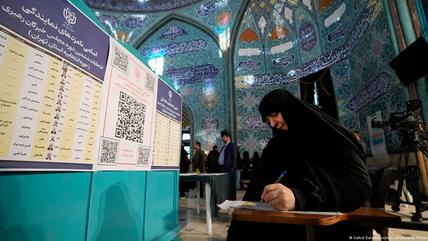 Parliamentary elections in Iran
Parliamentary elections in IranTehran's election fiasco
Regime and society in Iran remain on a collision course with the actual turnout in the second round of Iran's parliamentary election last week estimated to have fallen below 40 per cent.
-
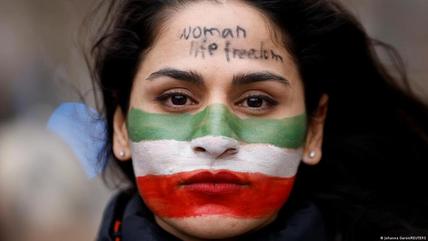 Iran protests
Iran protestsWhy Iran's revolutionary process will persist
Despite demonstrations waning during winter, the revolutionary process is poised to gain renewed momentum. After all, the regime is unable to address the combination of socio-economic and political crises driving the current unrest. Essay by Ali Fathollah-Nejad
-
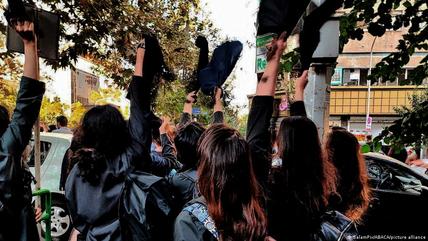 2022 Iran protests
2022 Iran protestsCan the Iranian system survive?
Political scientist and German-Iranian Ali Fathollah-Nejad discusses the protests in Iran and the long-term prospects for post-revolutionary political order. Interview by Michael Young
-
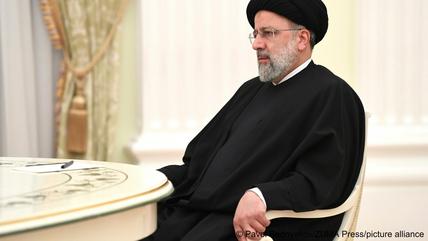 Ukraine war
Ukraine warIran – at Putin's beck and call?
While Russia's watershed invasion of Ukraine has up-ended long-established European foreign and security policy paradigms, it also poses significant security challenges for countries throughout Eurasia and beyond. As Ali Fathollah-Nejad writes, Iran is by no means immune to the geopolitical changes underway
-
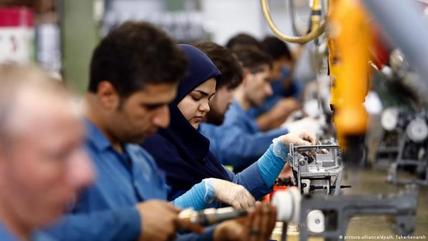 Iranian economy
Iranian economyThe causes of Iran's economic woes
Talks to salvage the 2015 Iranian nuclear deal have entered their eighth round in Vienna. Even if a deal is struck and some of the sanctions are lifted, the state of the Iranian economy is such that there can be little hope that any relief provided by a revived agreement will trickle down to the general population. By Ali Fathollah-Nejad
-
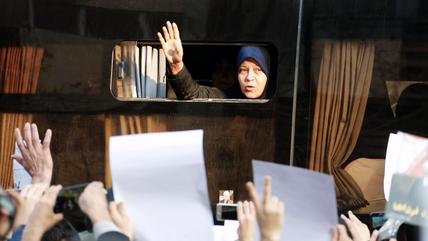 Iranian Faezeh Hashemi, Rafsanjani's daughter, speaks out
Iranian Faezeh Hashemi, Rafsanjani's daughter, speaks outWill the Islamic Republic ever get a female president?
Iran's social media was buzzing in January when, Faezeh Hashemi, daughter of Iran’s former President Rafsanjani gave a controversial interview, striking a chord with many Iranians. Questioning the merits of Tehran’s regional policy of "resistance" pursued by the late General Soleimani, Hashemi went on to assert that it will take sustained pressure to change the Islamic Republic’s policies. By Ali Fathollah-Nejad
-
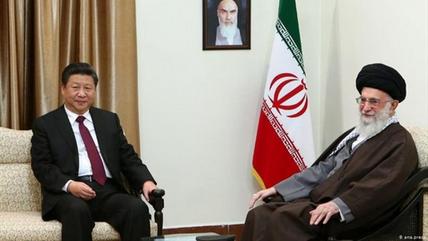 Hic sunt dracones
Hic sunt draconesIs Iran set to forfeit its national interests to China?
A partnership planned between Iran and China is intended to strategically link the two countries for a quarter of a century. It is unclear, however, exactly what the alliance will entail and whether its lofty ambitions can indeed be fulfilled. Iranian politicians of almost every persuasion remain highly sceptical. By Ali Fathollah-Nejad
-
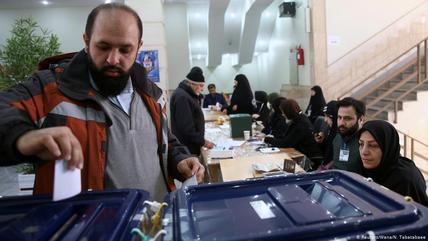 Elections in the Islamic republic
Elections in the Islamic republicStrong vote for a strong Iran?
In the run-up to Iran’s parliamentary elections on 21 February, state media was at full blast. Urging Iranians to take to the polls, state TV’s Channel 1 ran an election-day countdown, showing images of past elections and enthusiastic voters, regularly interrupted by music appealing to Iranians' sense of patriotism and nationalism. By Ali Fathollah-Nejad
-
 Reassessing the Islamic Republic
Reassessing the Islamic RepublicDid the Iranian revolution deliver?
According to the well-known Tehran political science professor, Sadegh Zibakalam, if Iran were to hold a referendum on the Islamic Republic today, over 70% would clearly oppose it. Forty years on from the foundation of the Islamic Republic, Ali Fathollah-Nejad revisits the promises of the revolution to explore why this is the case
-
 The Islamic Republicʹs existential crisis
The Islamic Republicʹs existential crisisWill Iran crack under the strain?
Iranʹs 2017–18 popular uprising heralded a new chapter in the history of the Islamic Republic that, in its fortieth year, is mired in acute and seemingly insurmountable domestic and foreign policy challenges, writes Ali Fathollah-Nejad. Seemingly, there is no end in sight
-
 Iranʹs image in Europe
Iranʹs image in EuropeMaking believe
According to many European analyses of Iran, the election of President Hassan Rouhani marked a significant turning point. While in the days of his predecessor, Mahmoud Ahmadinejad, the country was still widely regarded as the incarnation of evil, Iran has ever since been cast in a predominantly positive light. By Ali Fathollah-Nejad